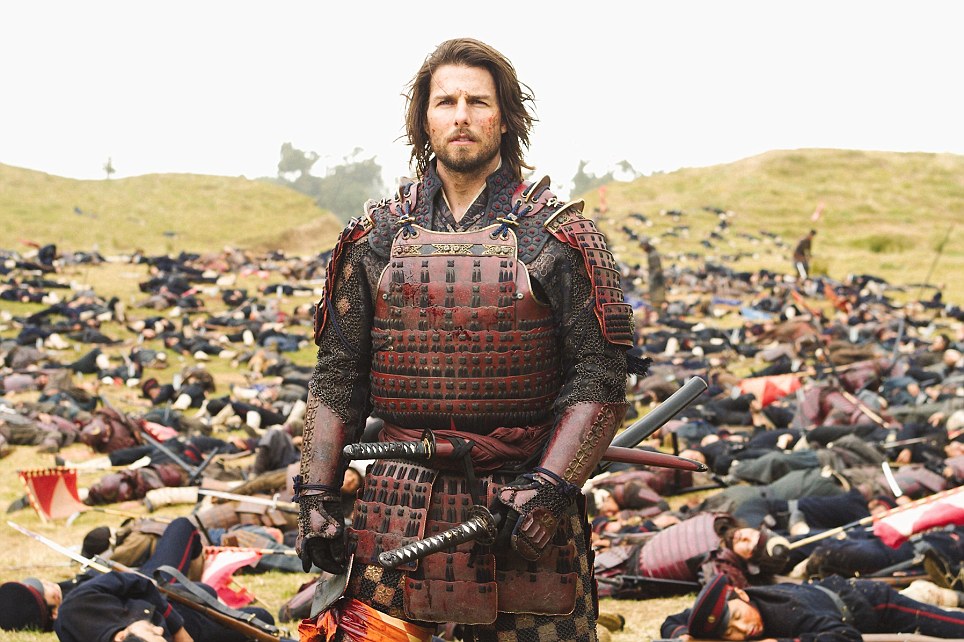The issue of Fake News and Science Denial is a huge issue in today's world. Scientists are now calling our current era "Post-Truth." This means that the rise of fake news coupled with the power of the twenty four hour news cycle makes that really fake news article "true" for the first 20-40 MILLION people who shared it and caused it to go viral. You may think Donald Trump is one of the dumbest human beings every to walk this planet, however hes actually way smarter then any of us actually realize. I have added several YouTube videos from credible sources discussing the impact of fake news and science denial because this is a huge hard to tackle issue that faces us as a nation.
Post-Truth era and Fake News:
https://youtu.be/dvk2PQNcg8w
The Hidden Strategy of Donald Trump: (SPOILERS - HE USES FAKE NEWS!)
How Donald Trump Answers A Question
How (And Why) Donald Trump Tweets
Donald Trump: Magician-In-Chief
How To Correct Donald Trump In Real Time
How and Why Fake News Is Able to Spread:
https://www.youtube.com/watch?v=UIn33sDwKqQ
•To what extent did the Enlightenment represent a rejection of authority and the establishment?
One of the Enlightenment's main idea was that the people who held the majority should start setting laws, otherwise no one would see fair representation of ideas. Another central idea was the notion that cutch and state should be separate.
•How did the Enlightenment lead to new assumptions regarding governance, law, and economics?
It changed, because it tried to implement democracy so there would not be such a wealth gap.
• What was and can be the impact of Enlightenment thinking on political change?
The impact of the Enlightenment was the creation of human rights. These ideal rights are what we should try to follow in order to make our world a better place.
• Why is the Enlightenment considered to be a turning point in Global History?
The Enlightenment allowed the transfer of higher education faster, allowing us to spend time focusing on making civilization as a whole better.
• What Enlightenment thinker could you consult in addressing the problem of Fake News and or Science Denial.? Why that person?
I think John Locke would be a good person to talk bout this issue because many of his social theory say that we have human rights, which are: life, liberty, and property. We have the right to liberty of ideas and expression, which should mean that we use reason and solid fact allowing us to openly debate wrong opinions.
• Is it possible for individuals to use reason and rational thinking to influence world events and solve global problems?
It is in theory possible, however we have to keep in mind the complex political situation. Also there is always the pull of greed that will still fuel the large-scale world problems.
• How might "rational thinking" solve the problem of science deniers and fake news?
Rational thinking will help people not spread fake news. If we

